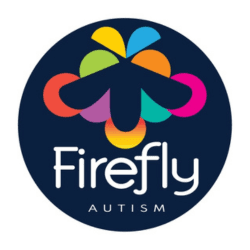Firefly Autism 2024 Impact Report
Program Overview


Average Service Hours per Learner
In Colorado, our clinical programs are highly individualized to meet the unique needs of each learner. Some learners require over 1,500 hours of support annually, making up more than 95% of our staff time, expertise, and resources. This reflects our deepest commitment to those who need us most—often with nowhere else to turn.
Educational Impact of Firefly Autism on Learners
At Firefly, our learners make remarkable strides in communication, social skills, and independence, empowering them to thrive in their unique journeys. Through individualized, evidence-based interventions, we help learners unlock their full potential, fostering growth that extends beyond our walls and into their homes, schools, and communities.
110 individual treatment plans, ranging from individualized education plans and behavior plans, were developed and implemented to help learners develop skill acquisitions and behavior reduction goals. The bar graph depicts the percentage of learners who made progress in some way in each of the following areas.

Staff Development Opportunities Provided by Firefly Autism
Firefly developed their own Registered Behavior Technician (RBT) training, which meets all requirements for individuals to gain a nationally recognized certification. This training is a crucial requirement to work with our Firefly learners. The data below depicts the number of staff members trained by Firefly, national certification exams taken, and extraordinary pass rates.


